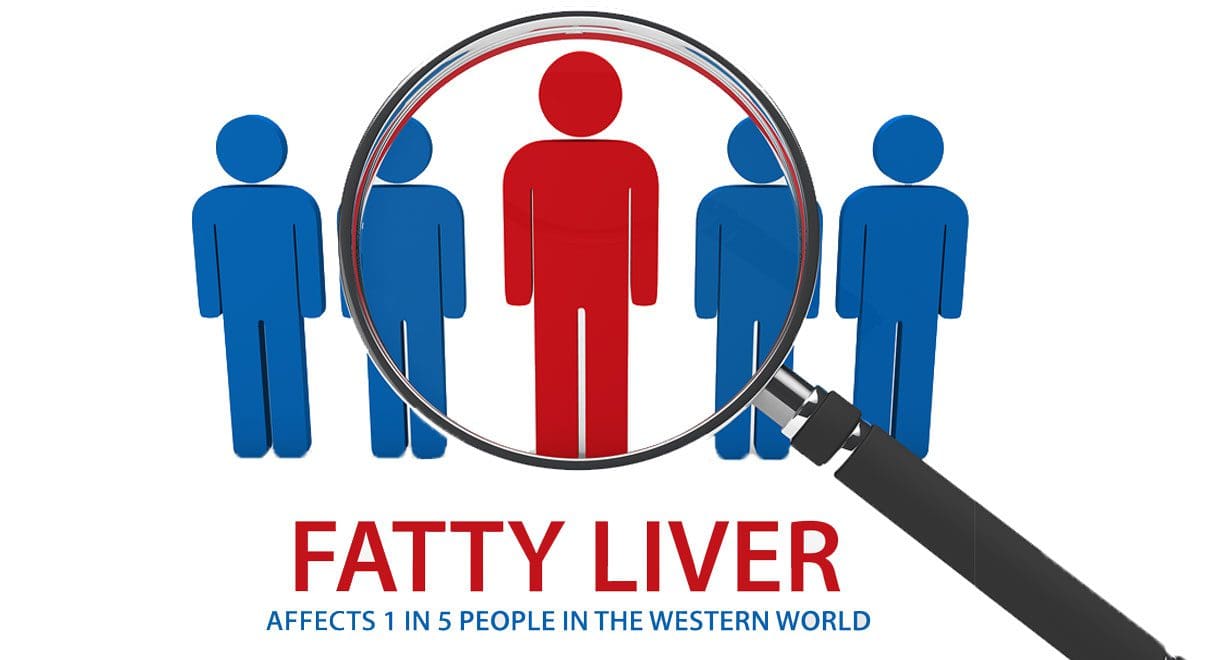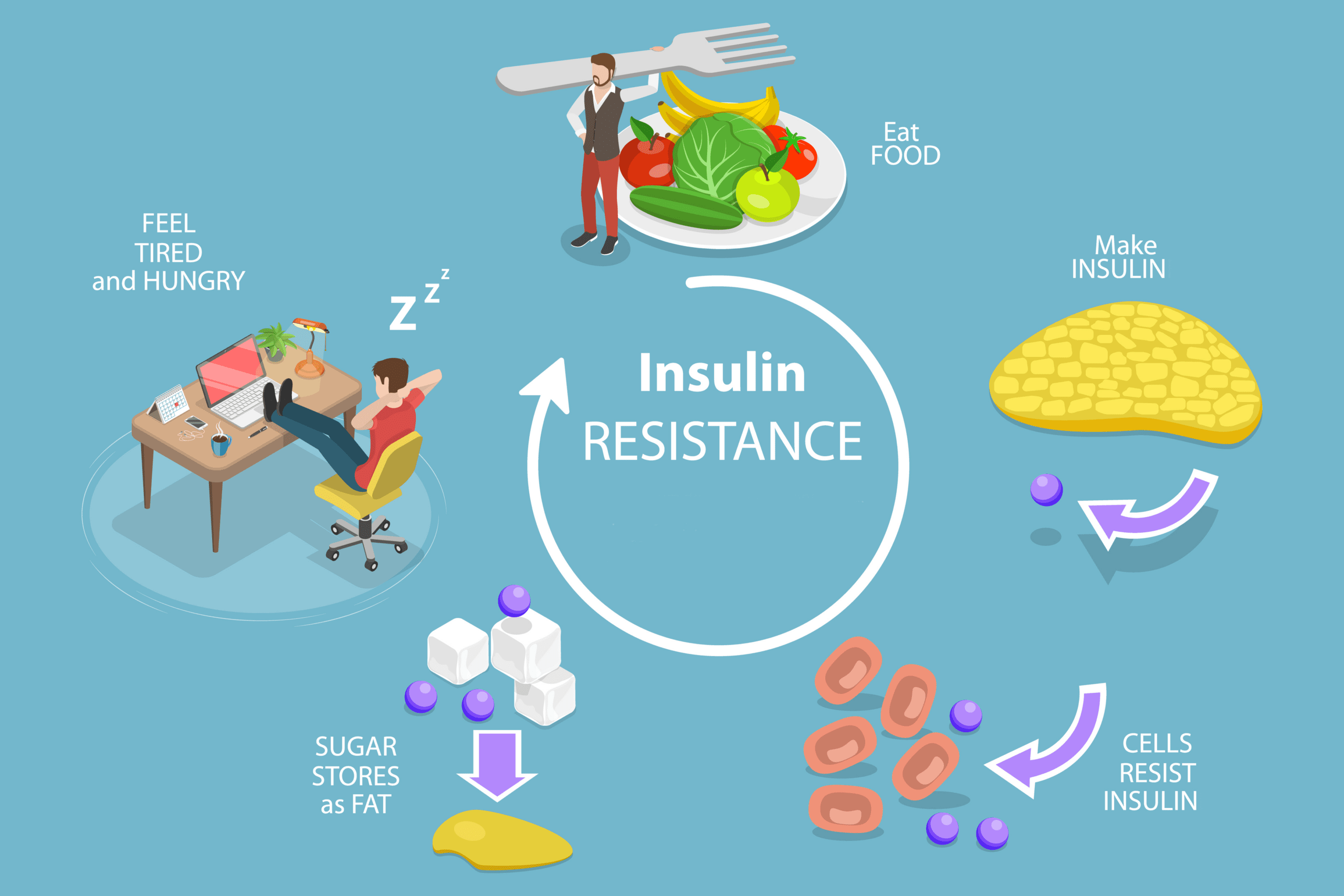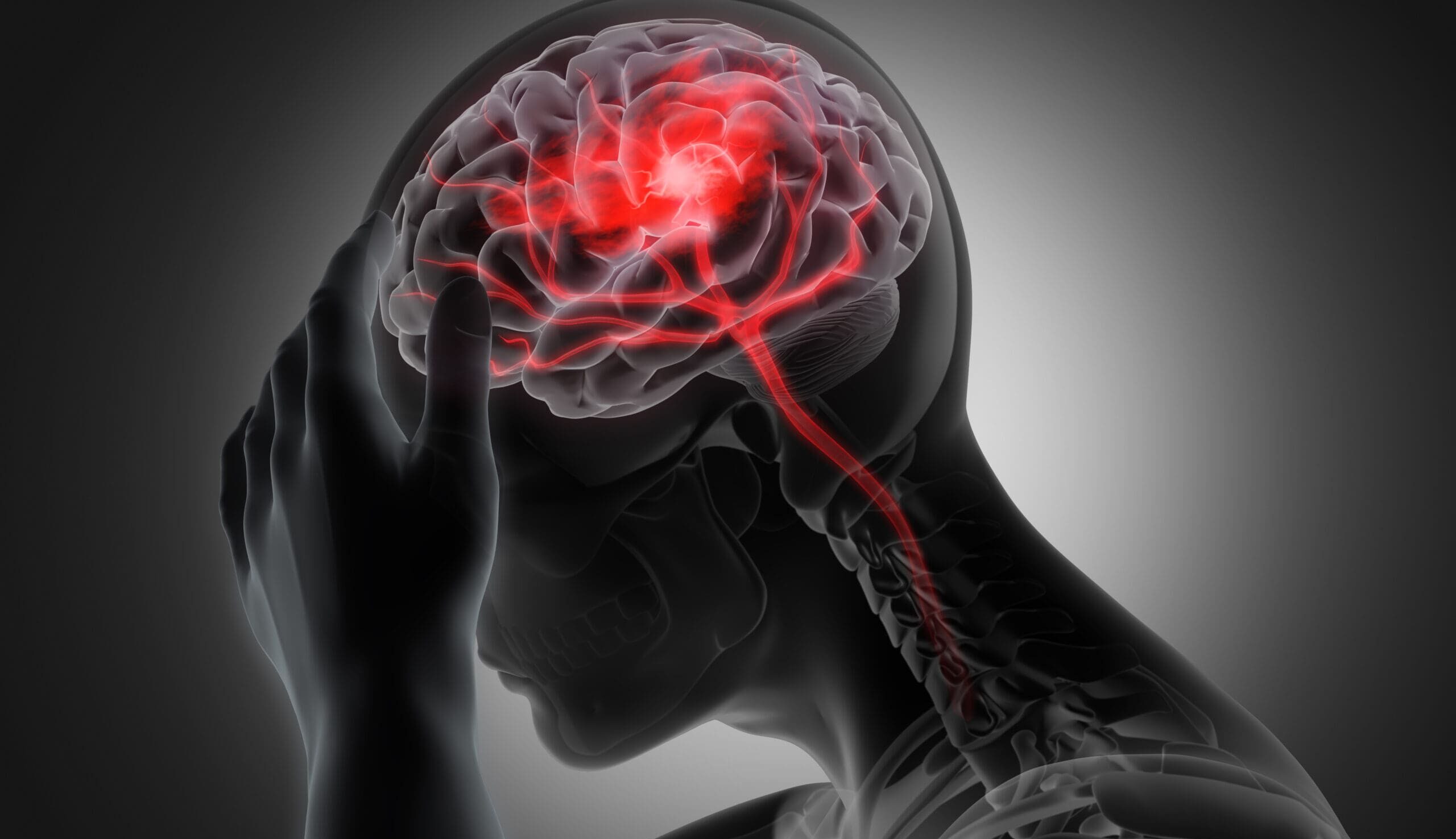6 hidden reasons you’re unable to lose weight
By naturopath Margaret Jasinska
Have you tried a weight loss plan but you’re not getting the result you’d hoped for? This can be very frustrating and deflating. Of course it’s best to eat healthy food each day and get some movement. That’s good for your health no matter what you weigh. However, if you’ve got a significant amount of weight to lose and you’re doing your best with your diet, it’s important to see some progress.
If weight isn’t coming off as expected, the following may be to blame:


1. You’re not getting enough sleep
You’re either not getting enough sleep or you’re sleeping poorly. It is well documented in the literature that insufficient sleep messes with your hunger hormones and blood sugar regulation. That slows your metabolic rate but also increases hunger, particularly for carbohydrate-rich foods. That can make it difficult to stick to a healthy eating plan or exercise regularly. If you are dissatisfied with your sleep, a magnesium supplement may help.


2. You are suffering from depression
Usually a person who feels sad or lonely tends to eat more comfort food. Sometimes the symptoms of depression are very subtle and you may not realise that you’re actually depressed. Many people don’t feel as happy in winter as they do in summer. Perhaps you’ve recently experienced a series of stressful events and that has affected your usually positive mood. Depression usually affects a person’s appetite; some people eat less, but the majority eat more. Depressed people often don’t feel the same satisfaction from a meal and therefore tend to eat larger portions or snack throughout the day. They also tend to crave carbohydrate rich foods because they can help increase serotonin production. There is a lot of helpful information in the book Help for Depression and Anxiety.


3. You have a fatty liver and don’t know it
Approximately one in 5 adults in the Western world has a fatty liver, which many of them don’t realise. Your liver is supposed to be the main fat burning organ in your body. If you have an unhealthy liver you will not burn fat adequately and it will accumulate around your torso. Reducing the carbohydrate content of your diet helps to clear fat from the liver. The antioxidants in Dr Cabot’s Ultimate Superfood powder help to protect and repair your liver cells, making them more efficient at detoxification.


4. The medication you take is making you gain weight
There are a great many drugs in this category; some examples include the oral contraceptive pill, hormone replacement therapy, some antidepressants, some antipsychotics, medication for epilepsy and some drugs used for breast cancer and prostate cancer. Please don’t stop taking your medication, but if you’ve experienced a significant amount of weight gain, please discuss with your doctor the possibility of an alternative medication. People who need to take several different drugs typically experience weight gain because of the added strain placed on the liver to break down and excrete them. Improving liver health is vital.


5. You have a food allergy or intolerance
Many people don’t realise that food sensitivities can cause weight gain or inhibit weight loss. If you regularly ingest a food you are allergic to, your immune cells mount a response and release a host of inflammatory chemicals. The excessive inflammation generated in the body can cause insulin resistance by inhibiting the correct function of insulin receptors. Not every allergy produces extreme symptoms such as swelling or itching. Sometimes food sensitivity can cause a very subtle reaction; fatigue, insomnia, dark circles under the eyes or abdominal bloating are all common symptoms. It is best to see a naturopath or nutritionist to help you uncover problematic foods. You can improve the health of your gut lining with a glutamine supplement, which helps make you less reactive to foods.


6. You might have subclinical hypothyroidism (under active thyroid gland)
This is an extremely common problem. It is most common in women, however at our clinics we are seeing increasing numbers of men who suffer with this condition. Your thyroid gland controls your metabolic rate. If it is sluggish you will also have a sluggish metabolic rate and be prone to weight gain and fluid retention. Your doctor can give you a blood test to check the health of your thyroid gland, but the problem is, most blood tests are nowhere near comprehensive enough. Simply having a TSH blood test is not enough because this can be in the normal range during early stages of thyroid dysfunction. It is important to have other hormones tested, as well as thyroid antibodies. This is explained in the book Your Thyroid Problems Solved.









Such valuable information. I really enjoy reading your articles and have found them very useful. Often I share them with others. Do you have any articles as to
Cause of dark circles under eyes and what can be taken to help. My daughter has had it in her adult life but more so since having children
Thank you
Hi Faye,
Thanks for commenting! We are glad you enjoy our articles 🙂
Dark circles can be caused by many factors such as lack of sleep, liver dysfunction, poor gut health, allergies (food or environmental), thyroid conditions, iron deficiency and the can also be genetic. The cause really determines the treatment.